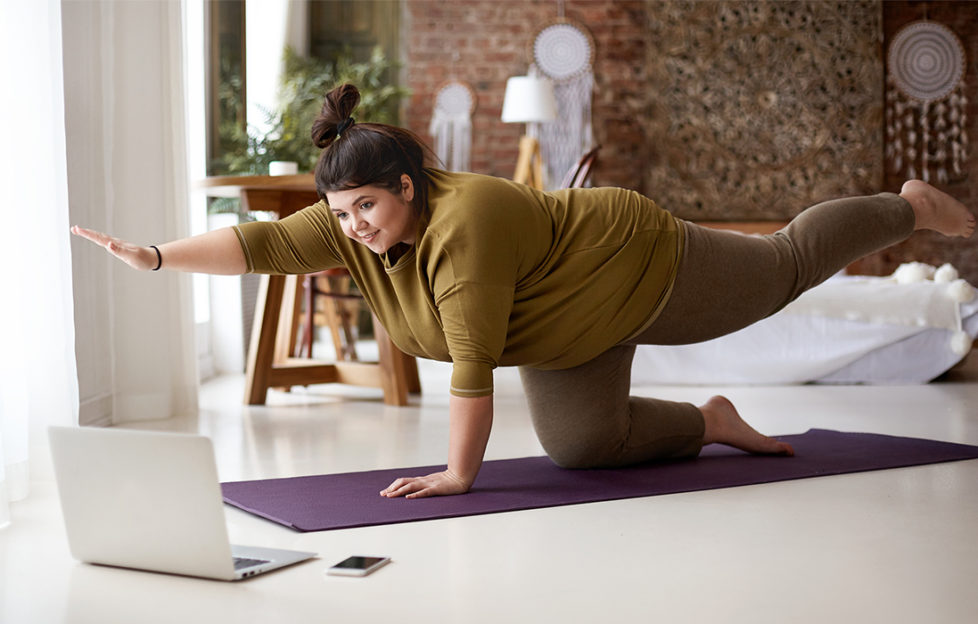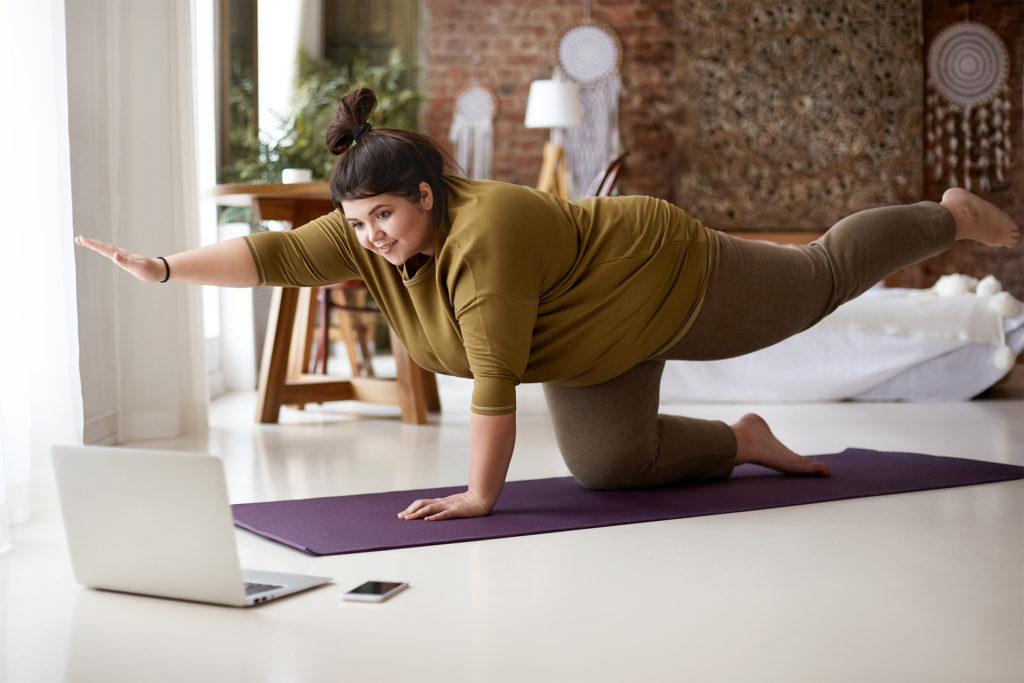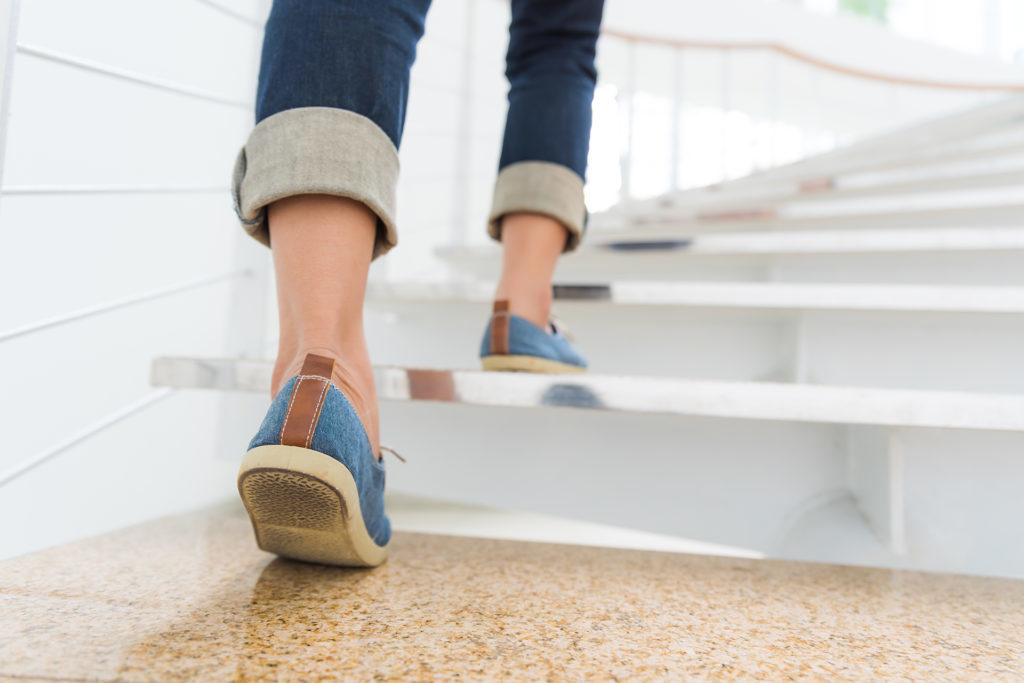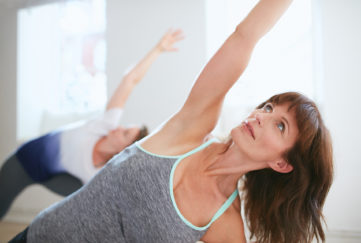8 Steps To Get Back On Track Post-Lockdown

For many, the last year has seen seismic changes in our lifestyles, diet, fitness routines and the way we work.
Needless to say it’s left many people feeling like they’ve lost sight of their goals and fallen off the wagon in some way, whether that be with exercise, diet, weight, stress levels, relationships or just general motivation.
Lots of people are feeling bloated, low on energy and stressed, and it really is no surprise. The UK unemployment rate is at 4.9% (for December to February) , which is higher than it was at the start of the pandemic. Stats also show that 1 in 4 people in England exercised less during and after lockdown.
So there’s concrete evidence that you really aren’t alone if you’re feeling like you need to get back on track.
Penny Weston runs award-winning health spa Moddershall Oaks and leading wellness centre MADE. She is on hand to provide 8 steps to getting your life back on track, post lockdown.
Penny says, “I’m speaking to a lot of people at the moment who are feeling incredibly overwhelmed about how much their life has changed during the past year. Some have lost sight of their fitness routines and goals. Others have gained weight or aren’t eating a healthy diet. Others are very stressed and finding it hard to find time to relax.
“All of these are perfectly natural after the year we’ve had. But the good news is that all of them are solvable and I’m keen to reassure people that it is possible to get back on track.”
1) Don’t fall for quick fixes
Social media is flooded with people offering quick fixes for everything from weight loss, to beauty and finding love. All I would say is, please exercise caution when you see these adverts. Essentially if it seems too good to be true, it probably is.
Quick fixes are literally just that – a short term solution that doesn’t usually work. Even if it does give results for a short time it isn’t usually sustainable. For realistic healthy changes that actually work, they need to be done properly.
2) Count your steps
Some people worry about not being able to afford an expensive gym membership or to spare hours every day to train. But the truth is, you really don’t have to. Most mobile phones have an app that tracks your steps, so use that or a smart watch to count your daily steps and try to work up to 10,000 a day.
You’ll be surprised how easy it is to build them up if you start walking more. Little changes make all the difference – for example, walking to the local shop rather than jumping in the car.
3) Drink water
After tracking my water intake I found my average was 1.5 litres a day (2L is ideal, plus extra to compensate for caffeine).
Hydration is essential for your mood, energy, skin, digestion, focus and so much more. So take steps to ensure you drink enough water, whether that’s buying a new water bottle or keeping a note on your phone of how many cups you drink. You’ll quickly start to feel the benefits when you do.
4) Find what you enjoy
This year has really taught us the importance of finding joy in life, and the same can be said for exercise too.
Fortunately there are so many choices when it comes to exercise that the key to sticking at it is finding an exercise that you enjoy. It doesn’t have to be running for hours or lifting huge weights at a gym, the key is experimenting until you find something you find rewarding.
That way it won’t feel like a chore, and you’ll want to do it more as a result. It doesn’t have to be what’s considered ‘traditional’ forms of exercise. Nowadays there really are so many options available from trampolining to boxing and from Zumba to freshwater swimming.
5) Create time and space
For many people the last year has been a melting pot of tasks and emotions, with very little time and space left to really think and focus on your own goals.
In order to get life back on track, I find it useful to write things down. This not only shows your commitment to getting them done but helps to find a practical time to do them.
For example if you’ve signed up for an on-demand yoga class, you could schedule it in your diary for 9am. If it’s written down, you’re more likely to keep the time free to do it and actually follow through with that commitment by giving it the space it needs to get done.
6) Do one thing at a time
People often feel overwhelmed when they think about getting back on track again because it seems such a daunting task. If you’ve had a year of not doing any exercise, to suddenly commit to doing a class a day feeling totally unrealistic.
Instead, I would suggest committing to one thing at a time. Ease yourself in by signing up for one class a week. Then if that goes well you can gradually build on this. It will seem far less daunting doing it that way, and soon it will become something you won’t want to miss and that you want to do more of.
7) Try not to overthink
In my experience, thinking about things too much can often lead to a state of paralysis, where the worry is debilitating and the thinking creates a barrier for getting things done.
Things are never as bad as you think once you get started, so just go for it. Take that first step and once you’ve done that things will always seem easier and gradually fall into place.
8) Take some you-time
It’s often easier said than done, I know, especially during a year when stress levels and worry have reached peak proportions. But trying to find time in the day to relax your mind is as important as finding time to exercise.
For some people these come hand in hand, with exercise being the perfect time to relax the mind. For others, just lying in a hot bath or walking the dog will have the same effect. The key is identifying things that enable your mind to relax, and making sure you do them each day.









